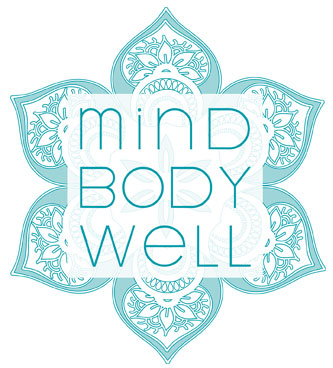What is Libido?
Libido (a.k.a ‘sex drive’) refers to our desire for sex. A complex combination of mind, body and relationship factors, Libido varies from person to person across a very wide spectrum, and even varies for the same person at different times and in response to different life circumstances. Libido can be effected by many factors including age, lifestyle, mental & physical health conditions, and medications.
What’s ‘low’ when it comes to Libido?
There is no ‘right’ amount of interest to have in sex. Having what could feel like a ‘low’ libido isn’t necessarily problematic - it may just be how things are for the individual person, and may not indicate any cause for concern. It’s also natural for libido to fluctuate across the lifespan and in response to different life circumstances. Despite these natural variances, a significant and prolonged decrease in interest in sex can be quite distressing for the person experiencing the change, and can also potentially impact intimate relationship/s. It is important to reflect on any significant changes in libido as this can be an indicator of other health and/or hormonal issues, as well as reflecting what’s happening with our emotional and relational health.
Libido and Eating Disorders
People with eating disorders often experience changes in libido. The most common causes for these changes are:
Malnutrition
All bodies have minimum energy and nutrient needs to function at their best, and these needs change as we grow and age. People with eating disorders may intentionally restrict their eating and/or engage in compensating behaviours (such as excessive exercise or purging) which can lead to becoming malnourished over time. The body interprets a drop in available energy and nutrients as starvation, which is a threat to survival. In response, the body tries to protect itself and to preserve energy wherever possible.
Because starvation is not a great foundation for conception and raising children, one of the protective changes which can occur is a drop in levels of sex hormones being produced by the body (testosterone, oestrogen). This hormone drop can in turn decrease libido and halt reproductive function in an attempt to prevent pregnancy.
Malnutrition could be affecting your libido if the changes occurred:
after you started making changes to your diet (e.g. eating less often or less variety) or increased your exercise
after you started losing weight
alongside other signs of malnutrition including no longer having your period, erectile dysfunction, feeling dizzy/lightheaded, feeling cold and having trouble warming up, spending a lot of your time thinking about food, lower mood or feeling more anxious, trouble falling asleep and/or waking during the night, and trouble concentrating
Zinc Deficiency
Zinc is a mineral found in foods such as seafood, meats, dairy products, eggs, legumes, nuts, and wholegrains. Like iron, our body absorbs zinc more easily from animal food sources than the zinc which is found in plants. Zinc plays an important role in the production of the sex hormone testosterone, which is linked to libido - so being deficient in zinc can cause a reduction in libido. People with eating disorders who have very rigid food rules may be more likely to avoid food sources which are rich in zinc, putting them at greater risk of nutrient deficiency.
Medications & Mood
Prolonged stress and changes to mood including anxiety and depression can all impact libido. Mood changes are common with eating disorders and can be worsened by changes in eating patterns. Mood management might involve the use of medications prescribed by your Doctor or Psychiatrist to help lift and stabilise your mood and these medications can also have other effects. Selective Serotonin Reuptake Inhibitors (SSRIs) are a type of anti-depressant which can affect libido. People taking SSRIs might experience a decrease in libido and/or find it harder achieve orgasm in the weeks after starting the medication (as it starts to take effect) or after increasing the medication dose. Side effects of medications need to be weighed up against their benefits though - being depressed also isn’t great for libido, so sometimes you have to make a choice, ideally in consultation with your prescribing practitioner. Of course you should never change or stop taking anti-depressants without discussing your concerns with your prescriber first, so if this is a concern for you, please discuss it with your mental heath professional or Doctor.
Steroid Use
People with muscle-oriented eating disorders and body image concerns sometimes seek out and use anabolic steroids. Boosting the level of testosterone in the body through steroid use can shut off the body’s natural production leading to low testosterone when use of the substance stops. This can persist for up to a year after steroid use, and is an important issue to discuss with your Doctor.
My Libido has already changed, what now?
If you’re concerned about changes to your libido, reaching out to a health professional can help:
Your Doctor (or Psychiatrist) can discuss medication side effects and advise whether checking your hormone levels or other medical tests are recommended
A Psychologist can help with strategies for managing stress, mood changes, relationship problems and body image issues which may be having an impact on your libido
A Dietitian can help you to better understand your nutritional needs and collaborate with you on practical strategies to address nutrient deficiencies



